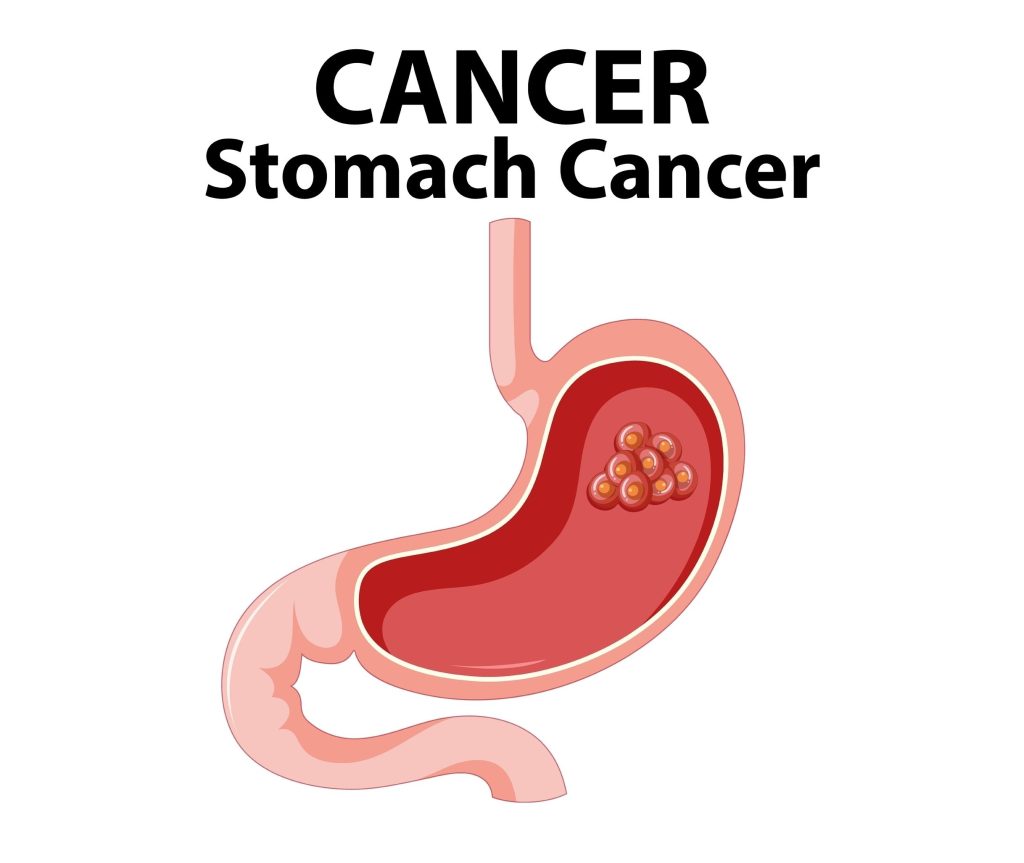Mark Kopec Now
Stomach Cancer
Understanding and Seeking Justice with Baltimore Stomach Cancer Lawyer Mark Kopec
Anatomy and Function of the Stomach
The stomach, a vital organ in the digestive system, is a muscular sac located between the esophagus and the small intestine. It plays a crucial role in breaking down food and preparing it for absorption. If stomach cancer has left you injured, then you may have a medical malpractice claim and need Baltimore stomach cancer lawyer Mark Kopec at the Kopec Law Firm.
The stomach’s inner lining is composed of cells that secrete gastric juices containing hydrochloric acid and enzymes. These juices help to digest proteins and other nutrients. The stomach also acts as a reservoir, holding food until it empties into the small intestine.

Symptoms of Stomach Cancer
With stomach cancer, individuals may experience the following:
- Indigestion or heartburn: Frequent or persistent discomfort in the upper abdomen.
- Unexplained weight loss: A significant decrease in weight without intentional dieting or exercise.
- Loss of appetite: A reduced interest in food or difficulty eating.
- Nausea and vomiting: Feeling sick to one’s stomach or throwing up.
- Abdominal pain or bloating: Discomfort or fullness in the stomach area.
- Fatigue: Feeling tired or weak.
- Dark stools or blood in vomit: These symptoms can indicate bleeding in the digestive tract.
It’s important when experiencing these symptoms to consult with a healthcare professional for a proper diagnosis.
Types of Stomach Cancer
Stomach cancer can be classified into different types based on the type of cells involved:
- Adenocarcinoma: The most common type, accounting for approximately 95% of stomach cancers. It originates in the glandular cells lining the stomach.
- Lymphoma: A type of cancer that affects the lymphatic system, which is part of the immune system. Lymphoma can occur in the stomach.
- Neuroendocrine tumors: These tumors are relatively rare and arise from specialized cells that produce hormones.
Diagnosis of Stomach Cancer
If you are experiencing symptoms of stomach cancer, then it’s crucial to seek medical attention promptly. A healthcare professional should conduct a thorough examination and may order the following tests:
- Upper endoscopy: A procedure that involves using a thin, flexible tube with a camera to examine the inside of the esophagus, stomach, and small intestine.
- Biopsy: A procedure to remove a small sample of tissue for examination under a microscope.
- Imaging tests: These may include CT Scans, MRIs, or ultrasounds to help visualize the stomach and surrounding organs.
- Blood tests: Blood tests can help check for anemia or other abnormalities that may be associated with stomach cancer.
Treatment Options for Stomach Cancer
The appropriate treatment for stomach cancer depends on several factors, including the stage of the cancer, the patient’s overall health, and personal preferences. Common treatment options include:
- Surgery: This is often the primary treatment for early-stage stomach cancer. It involves removing the affected part of the stomach, along with nearby lymph nodes.
- Chemotherapy: The use of drugs to kill cancer cells. It may be used before surgery to shrink the tumor or after surgery to prevent the cancer from returning.
- Radiation therapy: The use of high-energy rays to kill cancer cells. It may be used in combination with chemotherapy or after surgery.
- Targeted therapy: This involves using drugs that target specific molecules involved in the growth and survival of cancer cells.
- Immunotherapy: This type of treatment helps the body’s immune system fight cancer cells.
Prognosis for Stomach Cancer
The prognosis for stomach cancer varies depending on several factors, including the stage of the cancer at diagnosis, the type of cancer, and the patient’s overall health. Early detection and treatment can significantly improve the prognosis.
Medical Malpractice Claims with Baltimore Stomach Cancer Lawyer Mark Kopec
Medical malpractice occurs when a healthcare professional fails to provide appropriate care, resulting in harm to the patient. In the context of stomach cancer, potential medical malpractice claims may arise from:
- Delayed diagnosis: If a healthcare professional fails to diagnose stomach cancer in a timely manner, then leading to the progression of the disease and worse outcomes.
- Misdiagnosis: If a healthcare professional incorrectly diagnoses stomach cancer, then resulting in unnecessary treatment or a delay in appropriate care.
- Surgical Error: If a surgeon makes mistakes during surgery, such as leaving behind surgical instruments or damaging nearby organs.
- Medication errors: If a healthcare professional prescribes the wrong medication, administers the wrong dosage, or also fails to monitor the patient for adverse reactions.
- Failure to obtain informed consent: If a healthcare professional fails to adequately explain the risks, benefits, and alternatives of a treatment to the patient before obtaining their consent.
Next Step: Call Baltimore Stomach Cancer Lawyer Mark Kopec
If you believe you may have been a victim of medical malpractice related to stomach cancer, then it’s important to consult with an experienced attorney. We can assess your case and help you determine whether you have a valid claim.
If stomach cancer has left you injured, then visit our free consultation page or video. Then contact the Kopec Law Firm at 800-604-0704 to speak directly with Attorney Mark Kopec. He is a top-rated Baltimore medical malpractice lawyer. The Kopec Law Firm is in Baltimore and pursues cases throughout Maryland and Washington, D.C.





